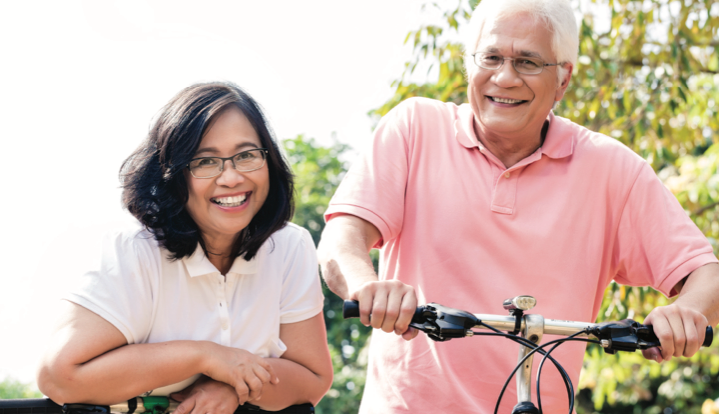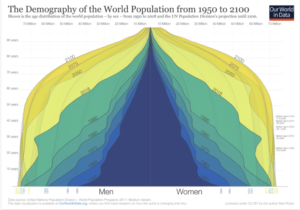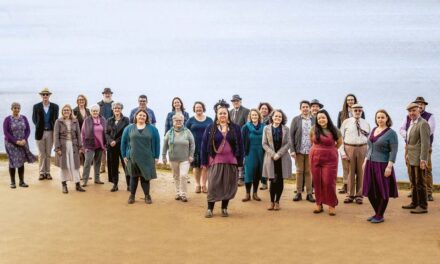Globally the average age of the population is growing rapidly. Life expectancy has gone up from around 40 to just over 70 over the last 100 years and the world population has gone up from 2 billion to 8 billion. As a result the population is ageing rapidly.
The trend is even more pronounced in Daylesford as older people tree change and down size. Nearly twice as many people are aged 65 or older in Daylesford compared to the national average – about 30 percent vs 15 percent.
As the population gets older, attitudes to ageing are coming under the spot light. This includes attitudes to employment, education, participation in community life, health, illness and disability. One of the most common indicators of discrimination against older people is the way language is used.
About two thirds of Australians experience ageism on a regular basis. Calling older people “dear” or “dearie” is a good example.
Ageist language is amongst the most common form of discrimination. It reinforces stereotypes that stigmatise older people as out of touch, less competent and less useful.
Anti-ageism advocacy campaign EveryAGE Counts has launched a new language guide aimed at ending ageism in aged care. Ageism in aged care is common, ranging from patronising and infantilising older people to ignoring them. Ageism is harmful and impacts on the mental and physical health of aged care clients, but also us. Research from the World Health Organisation has stated that holding ageist attitudes can shorten our lifespan.
The guide contains simple tools and practical advice for all people who work in aged care, from nurses to managers and administrative staff.
The language guide follows the Aged Care Royal Commission’s recommendation for a new human rights-based Aged Care Act, that puts older people at the centre of the discussion.
EveryAGE Counts advocacy campaigner Joel Pringle said the launch of the guide is vital to empower older Australians broadly, not just people receiving aged care services.
“The way we talk and interact with older people really matters for their health and quality of life,” said Mr Pringle. “Despite good intentions, unfortunately many people of all ages still equate older age with negativity “Being aware of our language can undermine ageism, instead of reinforcing it. That’s how we can end ageism.”
Brisbane North PHN CEO Libby Dunstan said coming up to Christmas when people will be interacting with family members of all ages, it’s important to keep the message of the language guide front of mind.
“It’s easy to use ageist language unknowingly because often it is learnt behaviour. We might not realise how disempowering and patronising our words are” said Ms Dunstan. “This language guide shows how societal change can start at home as simply as changing the language we use to address each other.
“The language guide is an important resource that Brisbane North PHN and our healthy@home consortium members have worked diligently to develop with EveryAGE Counts. The language guide’s message is that it is kinder and better for everyone’s health to stop and think before we speak.”
The guide can be found here






